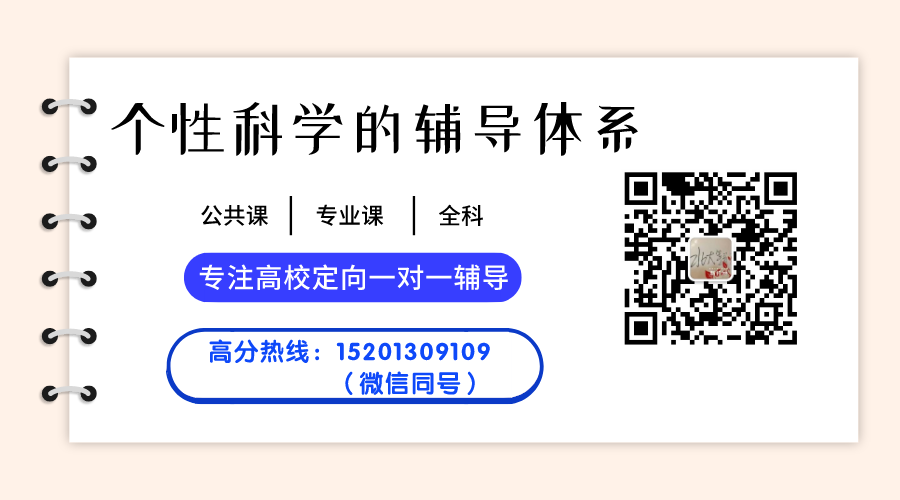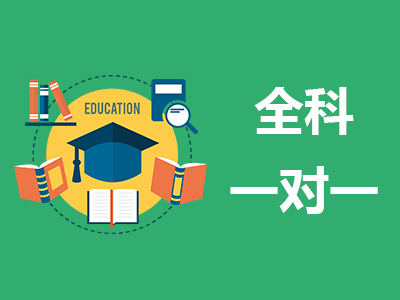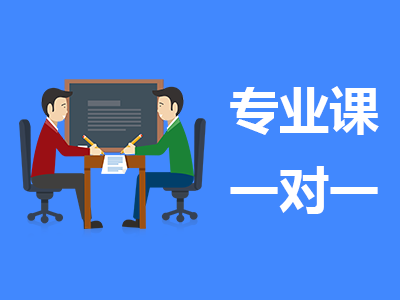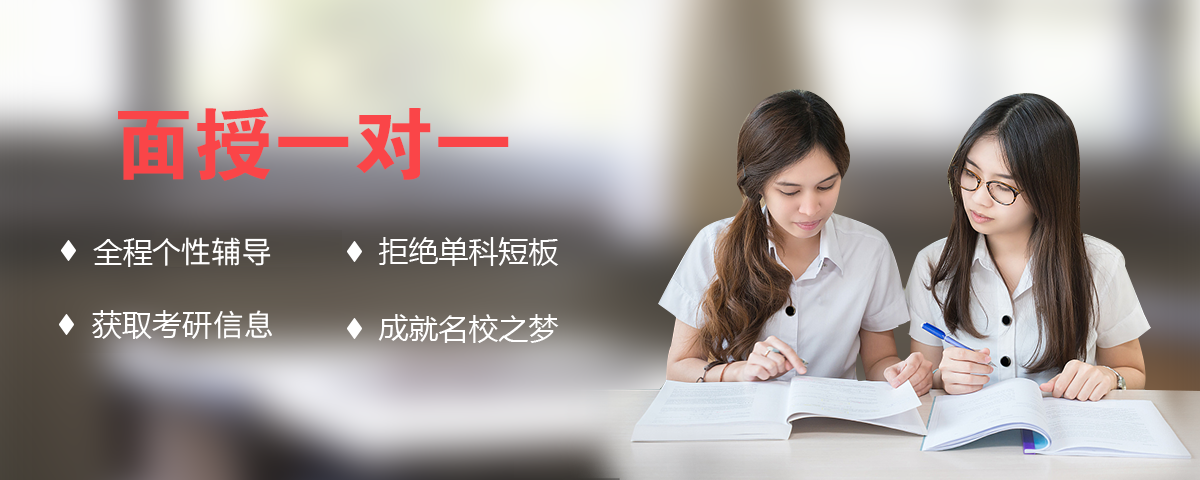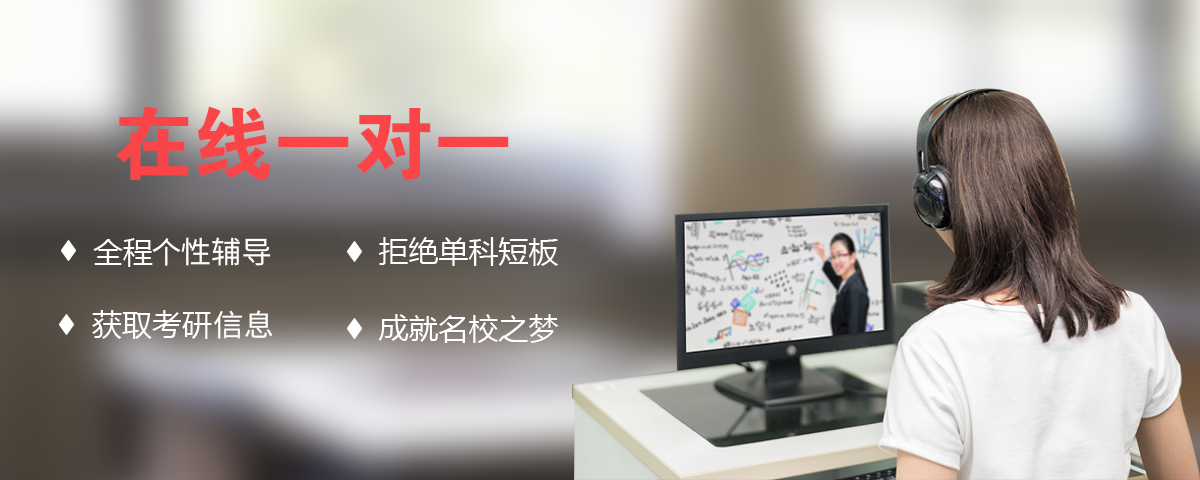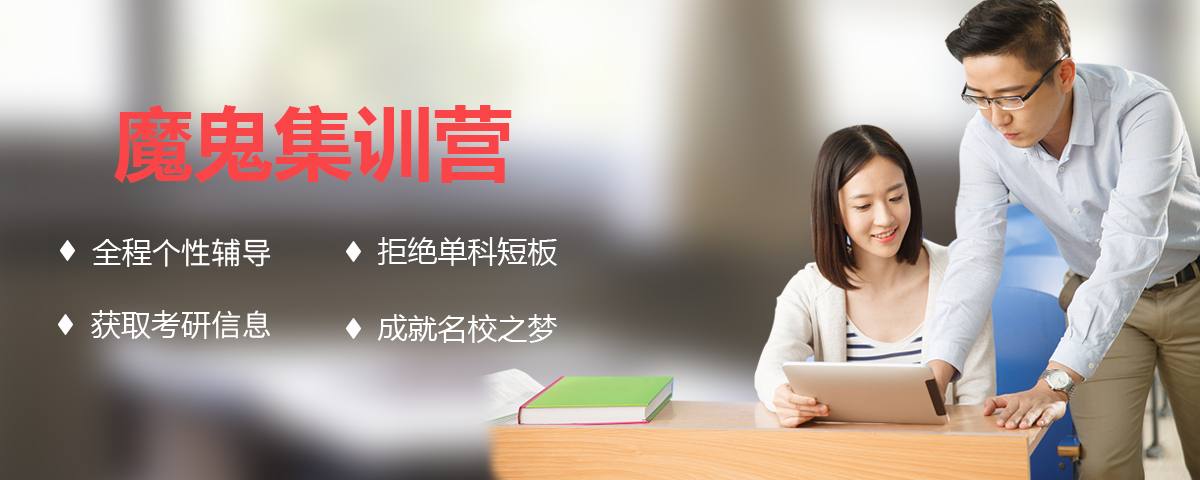华侨大学2018年硕士研究生入学考试专业课试卷 (答案必须写在答题纸上) 招生专业 英语语言文学 科目名称 翻译与写作 科目代码 812 Part One: Translation. (110 points) 1. Put the following words or phrases into the target language, Chinese or English. (20 points, 1 for each) 1) translation coursebook 2) target version 3) set phrases 4) translation studies 5) the Sino-Tibetan (Language) Family 6) the Sino-American ties 7) metaphorical use 8) the Chinese characters 9) subject and object 10) 'Gone with the Wind' 11) 仔仔细细 12) 神似 13 天人合一 14) 文房四宝 15) 乌纱帽 16) 封建社会 17) 今年八月 18) 是非问(句) 19) 诗歌和散文 20) 基本工资 2. Put the following English sentences into Chinese, paying attention to the special requirement (especially for the underlined part). (40 points, 4 points for each) 21) Can you play basketball with me this afternoon? (Position: replace this phrase in your translation) 22) If he has anything good to eat, he will ask me to join him. (Idiom or set phrase: use a Chinese idiom or set phrase for the first part) 23) The White Snake, one of the most popular traditional Beijing operas, is based on a story handed down from the Ming Dynasty (1368-1644). (VP: use a VP, i.e., verb phrase, for the underlined part in the Chinese translation) 24) You think she will come tomorrow if it is fine. But I don't think so. (Formal change: for the second sentence use main clause plus subordinate clause like '我……她……' in your translation) 25) He is always saying the usual polite nothings. (Attitudinal meaning: use two or more derogative words in your translation) 26) 袭人之母也迎了出来。袭人拉了宝玉进去。(Combination: use one sentence for the two sentences) 27) 人家没告诉过她他姓什么,莫非是她忘了?(Voice change: use the passive voice for the underlined part) 28) 在观看足球比赛之后,他有一个重要会议要参加。(Omission: omit the words underlined) 29) 她登门求助。(Conversion: use PP, namely a prepositional phrase for the verb underlined) 30) 他们迫不及待想弄到新闻。(Conversion: in addition to a verb, use the adjective 'hungry/thirsty' in your translation) 3. Answer the following questions briefly. (20 points, 5 points for each) 31) What does Nida mean by 'functional equivalence'? 32) How can cultural elements be preserved in translation? 33) In translation we often encounter what are called 'false friends', words or phrases which we seem to be able to guess-translate by the components but which really mean another thing. Can you explain this by examples? 34) How do you like this ad translation? '国酒茅台,相伴辉煌' (ad for Maotai liquor) 'Good and vigorous spirit' 4. Translate the paragraphs into the target language, Chinese or English. (30 points, 15 points for each) 35) Beifen and weifen, as Chinese-loans, are brought in here not only because they as socio-pragmatic parametres (参数) and terms count intensely in our research, but because they are different from their English counterparts, like age/generation, and status/pay/position respectively and easier to use in deictic comparison. Suppose A and B are contrasted, we can say, for example, ‘A’s beifen is higher than B’s’ or ‘A is higher than B in beifen’, but we can barely say ‘A’s age/generation is higher than B’s’ (ungrammaticality). Likewise, ‘A’s weifen is higher than B’s’ or ‘A is higher than B in weifen’ is well-formed as a logical form, but ‘A’s status/pay/position is higher than B’s’, though acceptable, engenders redundancy. For both beifen and weifen, the former natural and well-formed sayings entail what is meant to mean in the latter awkward expressions, and certainly not the other way around. Furthermore, as noted above, two individuals twenty years of age apart may belong to the same beifen; in contrast, two people of the same age may be zhangbei (higher beifen) and wanbei (lower beifen) respectively -- e.g., as A sees it, B belongs to father’s generation, hence uncle/aunt. This applies not only in a family or home but in a village or clan as well. In terms of weifen, a young person can be higher than an older person in a corporation. In an ancient Chinese court, as shown in the now popular TV play Zhenhuan Zhuan, Lady Zhen’s Imperial Ups and Downs), huanghou (empress) is higher in weifen than huang guifei (highest imperial concubine next to empress), who is successively higher than guifei (higher imperial concubine), pinfei (high imperial concubine), and so on. As a result, a woman of the lowest beifen or age can happen to enjoy the highest weifen or status.
Part Two: Writing. (40 points) 37) (15 points) The charts below show US spending patterns from 1966 to 1996. Please give a title of your own and summarise the information by selecting and reporting the main features, and make comparisons where relevant. You should write at least 150 words.
38) (25 points) Today, it is common that TV news programmes show the images of disasters and violence to the public. Discuss the reasons and the effects on the individual and the society. Write an essay with a title of your own. Give reasons for your answer and include any relevant examples from your own knowledge or experience. Write 250 -- 300 words.
|



